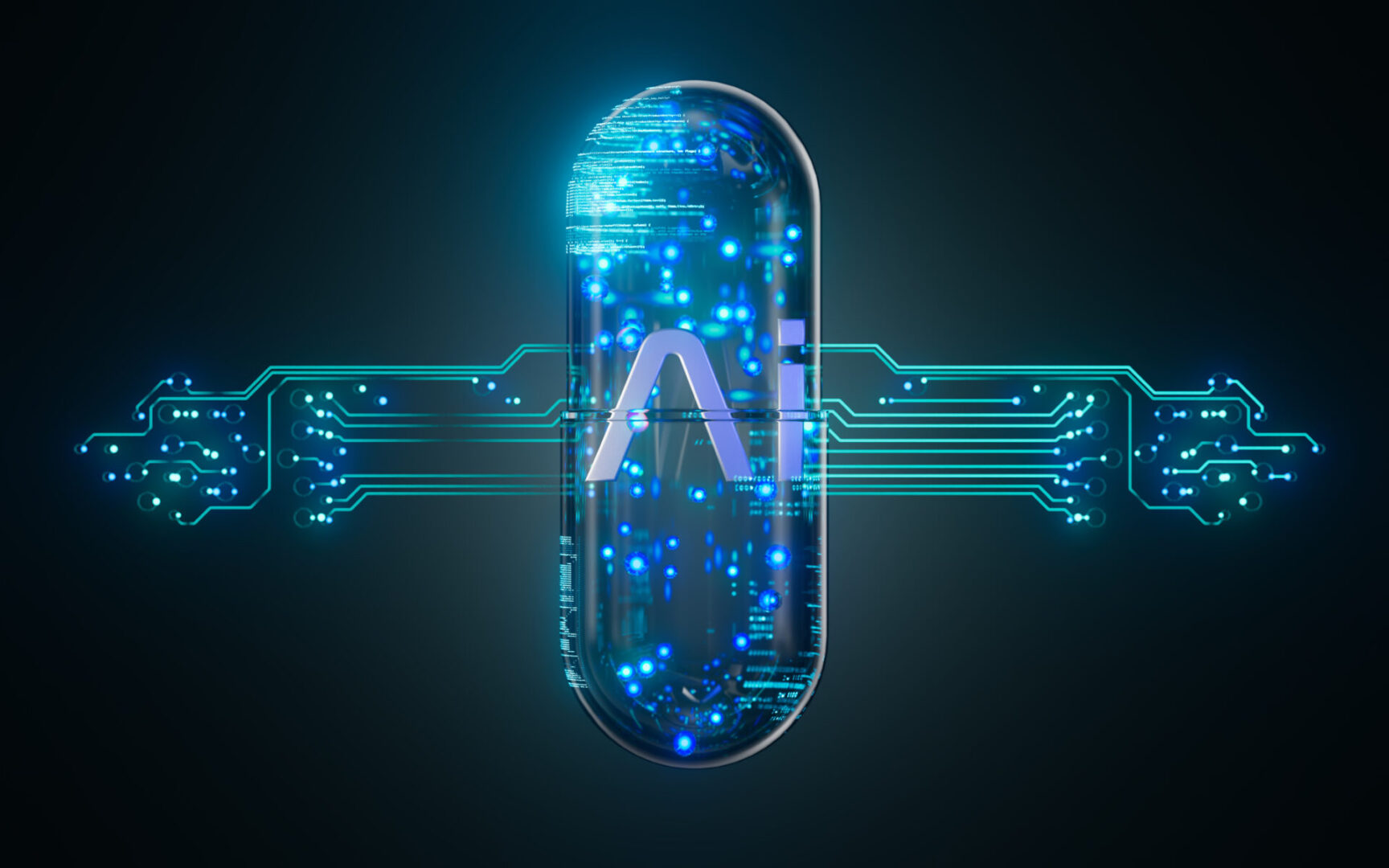Hidden Risks of AI in Pharmaceuticals: Without AI Literacy, We’re All at Risk

AI has been nothing less than a game-changer in the pharmaceutical industry. From expediting drug discovery, and optimizing clinical trials, to personalized treatment plans – AI has been on top of the game! However, some risks arise – and you may not be aware of them. These risks threaten patient safety, data security, and regulatory compliance. Here’s why:
- AI is based on historical data, which means, it can contain biases. This can lead to flawed drug research, incorrect predictions, and inconsistency in treatment’s success.
- If you’re using AI, as thousands of other pharmaceutical companies are, that means, AI processes vast amounts of critical patients and research data. If you do not follow strict security measures, your company is at a high risk of data breaches and cyberattacks, which could lead to reputational damage for you as it could compromise patient privacy and intellectual property.
- Let’s suppose AI makes an error (it happens), such as recommending an ineffective drug or generating misleading trial results. Who is responsible for that? The developer? Your company? Or Regulators? The legal landscape is still evolving, leaving room for uncertainty.
It’s crucial to understand that AI is just a tool and is capable of making serious errors. Why replace scientific expertise with a tool? While automation is key, remember to use your skills too – as over-reliance on AI can lead to disastrous consequences.
This is why pharmaceutical professionals like you need to develop AI literacy – understanding AI’s strengths and weaknesses. So that you can understand how to effectively integrate it into your research and healthcare, without causing harm.

